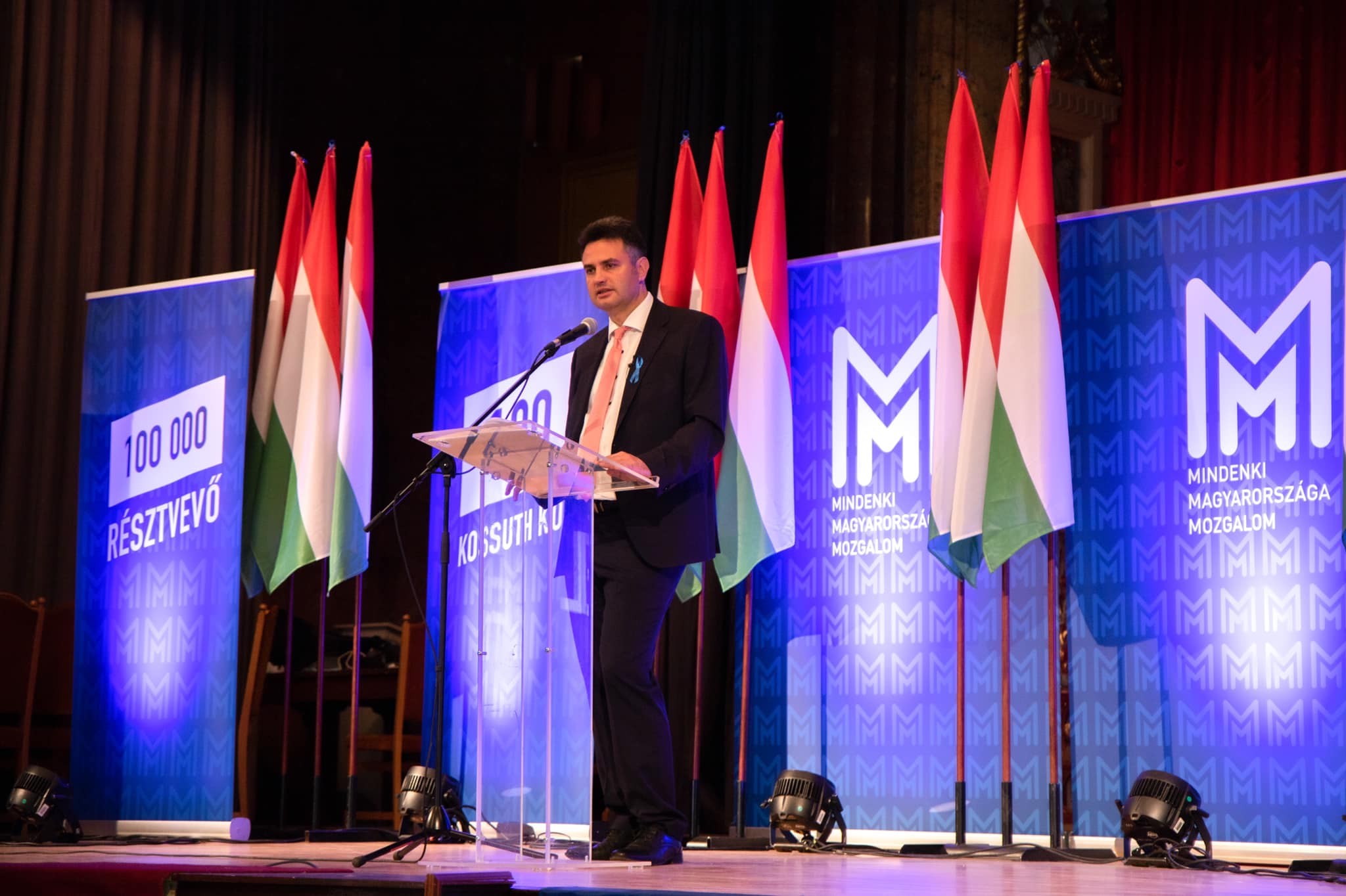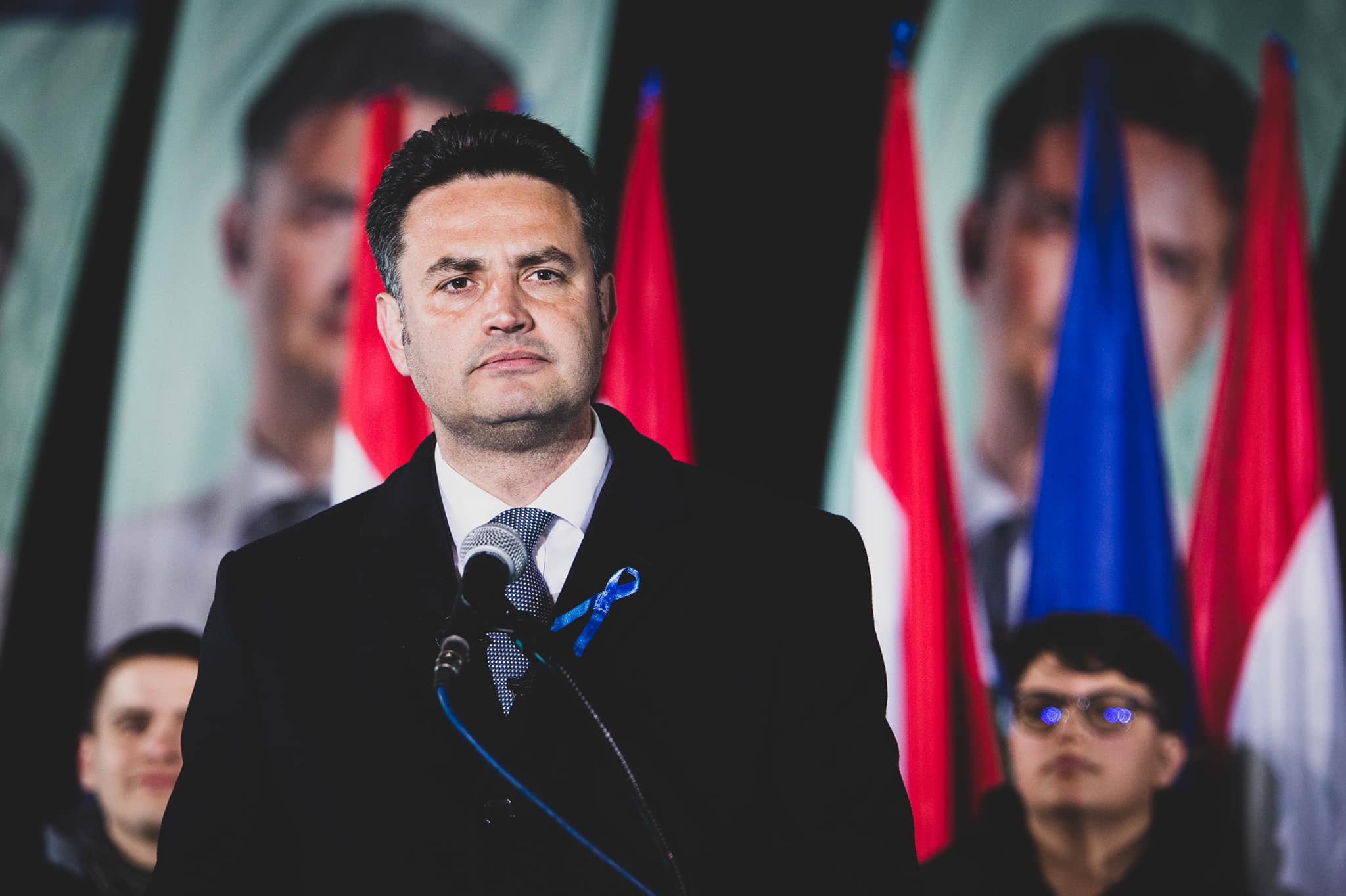
According to Péter Márki-Zay, they did not break the law even if they accepted money from abroad.Continue reading

24.hu has published a comprehensive article on the central role played by data collection in the Hungarian opposition’s election campaign, and how this is linked to the fact that a US foundation has provided substantial funding to a movement.
According to the article, in March, the Everybody’s Hungary Movement (MMM), led by Péter Márki-Zay, the joint opposition candidate for prime minister, signed a contract with Vienna-based Datadat Gmb. According to 24.hu, the company is minority-owned by a company connected to former, influential Hungarian liberal politicians, while the majority stake is held by Higher Ground Labs Fund III LP, which is linked to the US Democratic Party.
“Higher Ground Labs is a progressive organization founded in the United States in 2017 with the express purpose, after Donald Trump’s election as president, of shaking up the shocked Democratic Party with Silicon Valley-inspired digital knowledge and technology to get more Democratic voters out to the polls,” the website wrote.
According to 24.hu, the Datadat group was a key player in the opposition campaign, because Márki-Zay himself said that MMM, like the six opposition parties, had handed over its database to Datadat. “The parties had access to a database of nearly one million and used it in the campaign by a joint decision of the six parties,” he said. When asked by 24.hu, Datadat did not deny that they had received the parties’ databases. However, they stressed that the company never owned the data, which was only stored and processed.
In its article, 24.hu listed the sources of donations and support received by the opposition. The fact that the American foundation Action for Democracy sent 1.8 billion forints to MMM was mentioned as of key importance. The foundation denied that it had financed the opposition’s campaign, but the article said that without the money sent to MMM, Márki-Zay would not have been able to finance such a campaign.
24.hu recalled that the Hungarian head of the foundation, Dávid Korányi, had earlier admitted that the Hungarian election had inspired the creation of the organization, and stressed that “we are trying to strengthen democratic forces in the elections of the battleground states, including Hungary.”
The news portal wrote that there were essentially two opposition campaigns: one run by the parties and the other by Péter Márki-Zay’s movement, which is not covered by the party law. “Current Hungarian law assumes that parties pay for campaigns, and the regulations for them are quite strict. It sets out in detail and in strict terms from whom and how much they can accept donations: from abroad, for example, it is forbidden, but also from domestic companies,” they wrote. However, the rules for NGOs are quite broad and they are not subject to the same strict controls as political organizations that receive state funding.
According to 24.hu sources, many people consider it a serious mistake that Márki-Zay suddenly spoke out on his own at the end of the summer about US support. According to the news portal’s sources, there is even tension among Action for Democracy advisers over this: there was no compulsion to reveal the concrete details of a “solution that is so far in the grey zone.”
The news portal noted that Fidesz-KDNP achieved the biggest electoral success in its history on April 3, with more people voting for it than ever before, “although one estimate suggests that the governing party spent ten times more on the campaign than the opposition.”
Featured photo via Facebook/Márki-Zay Péter